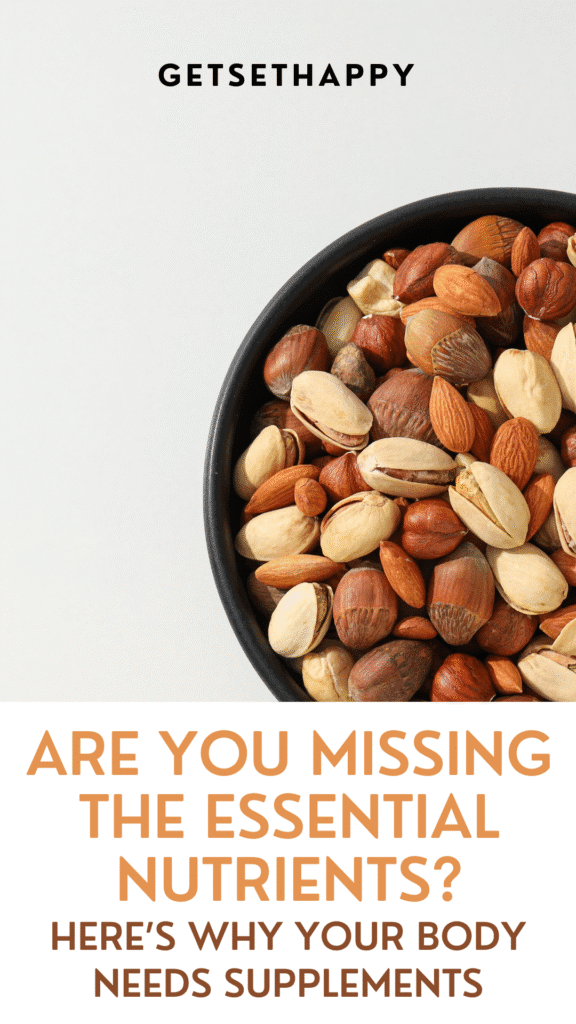Supplements are meant to support – not replace – a nutritious diet and healthy lifestyle. Choose quality products from a reputable company following FDA regulations and consult a healthcare professional to develop a personalized supplement regimen. Food supplements contain vitamins, minerals, amino acids, fatty acids, and plant or herbal extracts. These ingredients can be delivered in dose form as pills, tablets, capsules, and liquids.
4 Reasons to Include Nutritional Supplements in Your Diet
Improve Your Skin
Taking dietary supplements such as grass fed collagen is one way to get more vitamins for your skin. Vitamins for the skin can help fight free radical damage and slow the aging process. Some important vitamins for the skin include vitamin C, vitamin E, vitamin A, and zinc. Various nutritional supplements include vitamins, minerals, herbs, and amino acids. They are sometimes referred to as complementary and alternative medicine (CAM).
Supplements can be helpful in the right situation, but they should not replace a well-balanced diet. The supplements should also be high quality, with few fillers and additives. Talk to your doctor about what you should take and how often. They can help you find the best vitamins for your skin. They can also recommend reputable brands.
Get a Better Night’s Sleep

Getting a good night’s sleep is essential for several reasons. It can improve mental clarity, boost mood, and help you lose weight. However, many people struggle with falling and staying asleep each night. That is why some experts recommend patients take a supplement for focus and concentration.
While a balanced diet and regular exercise can improve your sleeping habits, nutritional supplements are also an excellent solution. These supplements can provide the extra support your body needs to fall and stay asleep, leading to a restful night’s sleep every night.
Boost Your Immune System
A strong immune system can help your body fight off colds and flu. It can also improve your response to infection and help you recover faster from illness or injury. Immunity boosting vitamins include vitamins C, E, and zinc. Vitamin C helps your body produce white blood cells, which protect against viruses and bacteria. Vitamin E destroys free radicals that damage healthy cells. You can get a variety of vitamins from your diet, including foods such as oranges, red peppers, strawberries, and broccoli. Some dietary supplements, including garlic, astragalus, and curcumin, can boost your immune system.
You can also include an electrolyte supplement, especially when working out weekly. Magnesium, vitamin D, and the B complex vitamins have all been shown to improve sleep quality. In particular, magnesium helps you feel relaxed and sleepy. It also helps maintain a healthy level of GABA, a vital sleep receptor. Talking with your doctor or dietitian before starting a new supplementation regimen is important.
Increase Your Energy Levels
Nutritional supplements can include various vitamins, minerals, herbs, and amino acids. These can be found in pill, gummy, or liquid form and are meant to provide extra nutrients. These aren’t meant to replace a well-balanced diet but can help when certain conditions make absorbing certain nutrients difficult or for those with specific nutritional needs, such as women of childbearing age and people on some medications.
For example, B vitamins (especially thiamin and riboflavin) help your body turn food into energy through adenosine triphosphate. Coenzyme Q10, an antioxidant, is another supplement often recommended for energy. It’s particularly helpful for athletes seeking to improve their performance. However, seeing a healthcare professional for a proper blood test to assess your nutrient needs before taking any nutritional supplements is essential.
Featured Image by wirestock on Freepik





No Comments